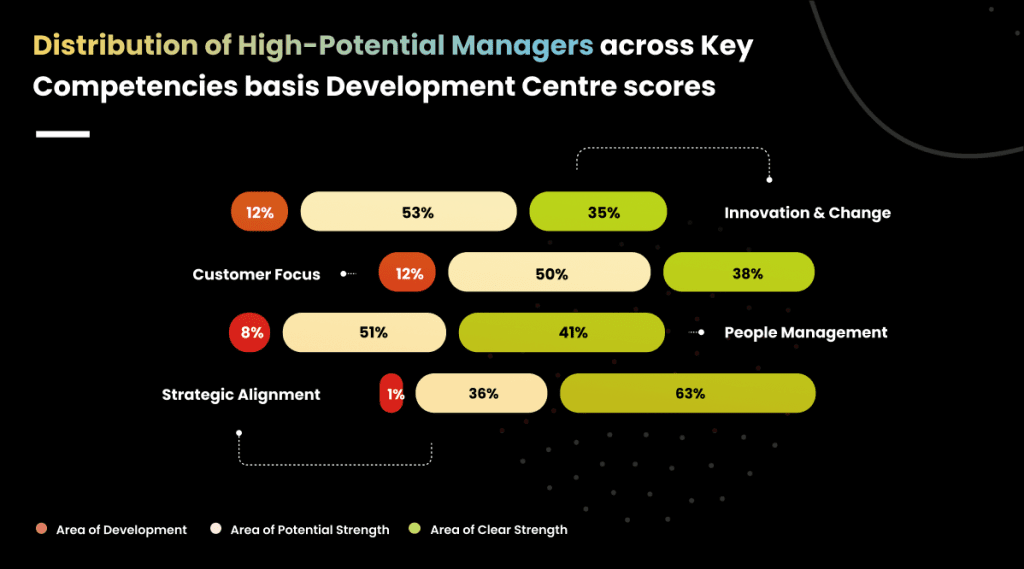
Understanding its nature and the implications of the ongoing change could add value to organisational development.
Increasingly, we see varied aspects of work and worker interface changing quite significantly. The scope of organisational change is vast; it includes, among other issues, the factors that lead managers to initiate change, the efficacy of different modes of implementing change, resistance to change among employees, and the effects of change on performance and employee attitudes to the organisation and to the job. HR consulting practice (both internal and external practitioners) needs deep knowledge and continued deeper research into these areas.
It is evident that over the years, manufacturing jobs have declined, there is more “knowledge” work, organisations have downsized, there is greater competitive pressure in the marketplace, unionisation has decreased and self-employment is increasing significantly.
The work environment also needs changes according to the changing global scenario and in context of a shift in how employees view work and perform work. Many of the changes described above – multiple, overlapping and on-going – produce complex and ambivalent outcomes. From a leadership, HR and organisational perspective, special attention may need to be provided to aspects of improvement in productivity and also to lower morale and commitment among the workforce, being produced by these changes. Understanding the nature of work (and how it is changing) as well as some of its implications could add value to organisational development. HR consulting roles need to play an active role in looking at these factors and examining trends in their own industry and context.
Some of the elements of changing nature of work environment are:

These ‘new’ individuals are invested in ‘psychological self-determination.’ They desire participation, expression, identity, and quality of life – all values which are espoused by organisations, but largely ignored in practice as organisations continue to focus on reducing fixed labour costs.
With little expectation for (holistic) development and advancement, workers feel less committed to organisational goals and more committed to their own learning and development. The knowledge and technological skills that employees bring with them to the workplace are transportable and are not lost when a new job is taken.
Years of downsizing and outsourcing have produced ‘time famine’ – the feeling of having too much to do and too little time to do it. In order to keep up with workloads, many workers are spending longer hours at work leading to the inability of workers to define and take control of their roles outside the organisation. For example, any role in the family.
Flexible work arrangements do not keep up with employee preferences. Those with flex hours have limited freedom regarding when and where to work. For example, the vast majority of workers have to commit to a specific day to work at home or a specific day to take off if they chose flexible options. Technology helps, but also enables intrusion into personal lives.

There are several such elements, impacting longer term organisational health as well as individual, family and societal health, and it may be time to spend some more time of finding solutions.
What does it take to run a good pilot?
Define specific learning objectives for the pilot & establish measurable outcomes to gauge success.If your focus is smooth participant experience…
.

Are you prioritizing the right development themes?
We analyzed the
Competency Profiles of 2000+ High-Potential Managers from 20+ Organizations across industries.

Reinvention is the name of the game – be it jobs or life or learning!
The biggest dilemma before learning leaders today is to enable employees to learn quickly, implement that learning…
For Proposals:
info@thinktalentindia.com
+91-9910955257
+91-8828158509
For HR & Admin queries:
hr@thinktalentindia.com
+91-9810780846
For Technical Support:
support@thinktalentnext.com
© 2025 Think Talent Services Pvt Ltd. All rights reserved.
info@thinktalentindia.com
+91-9910955257
+91-8828158509